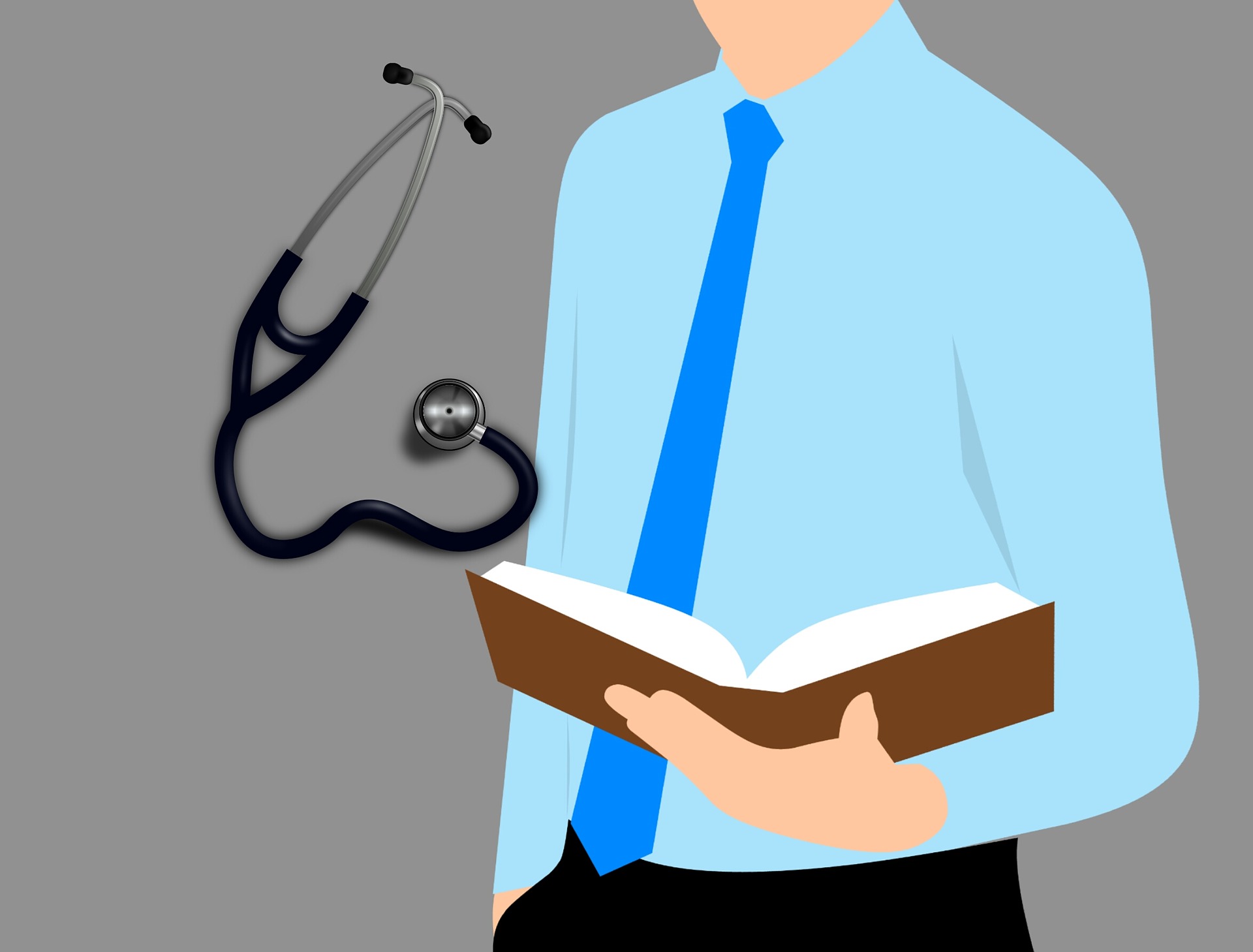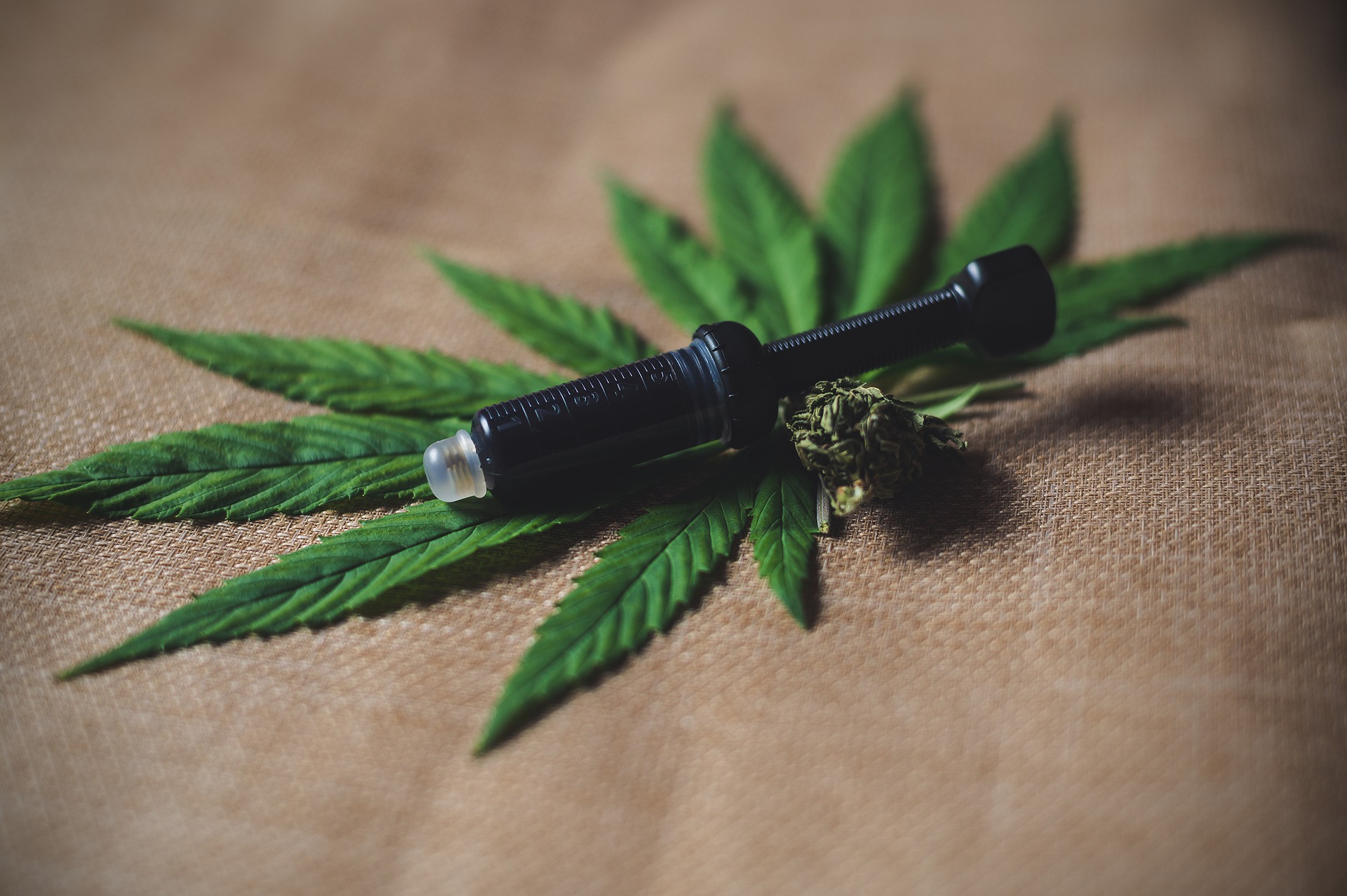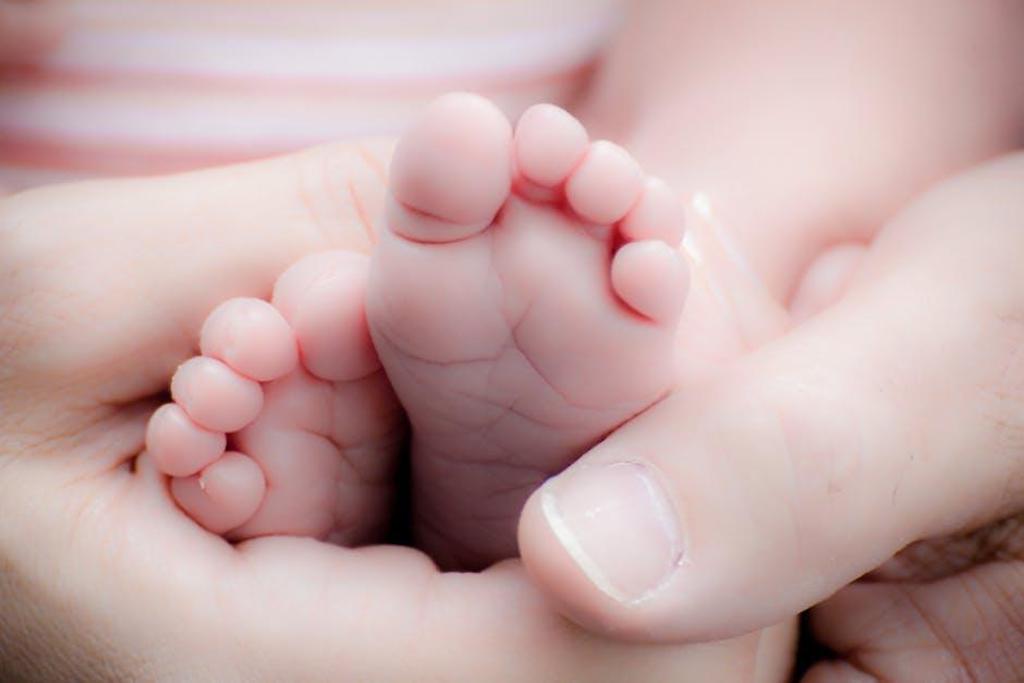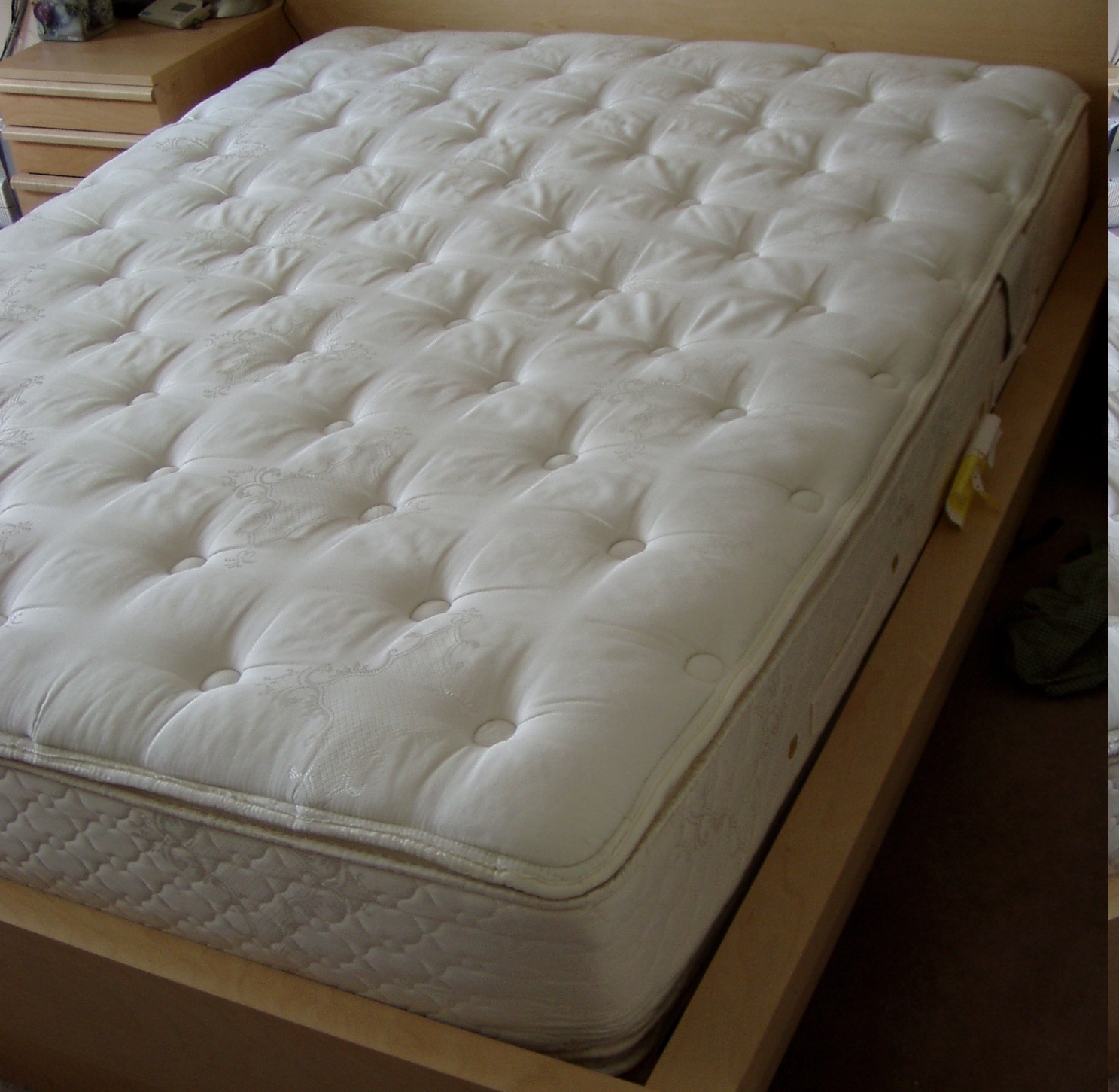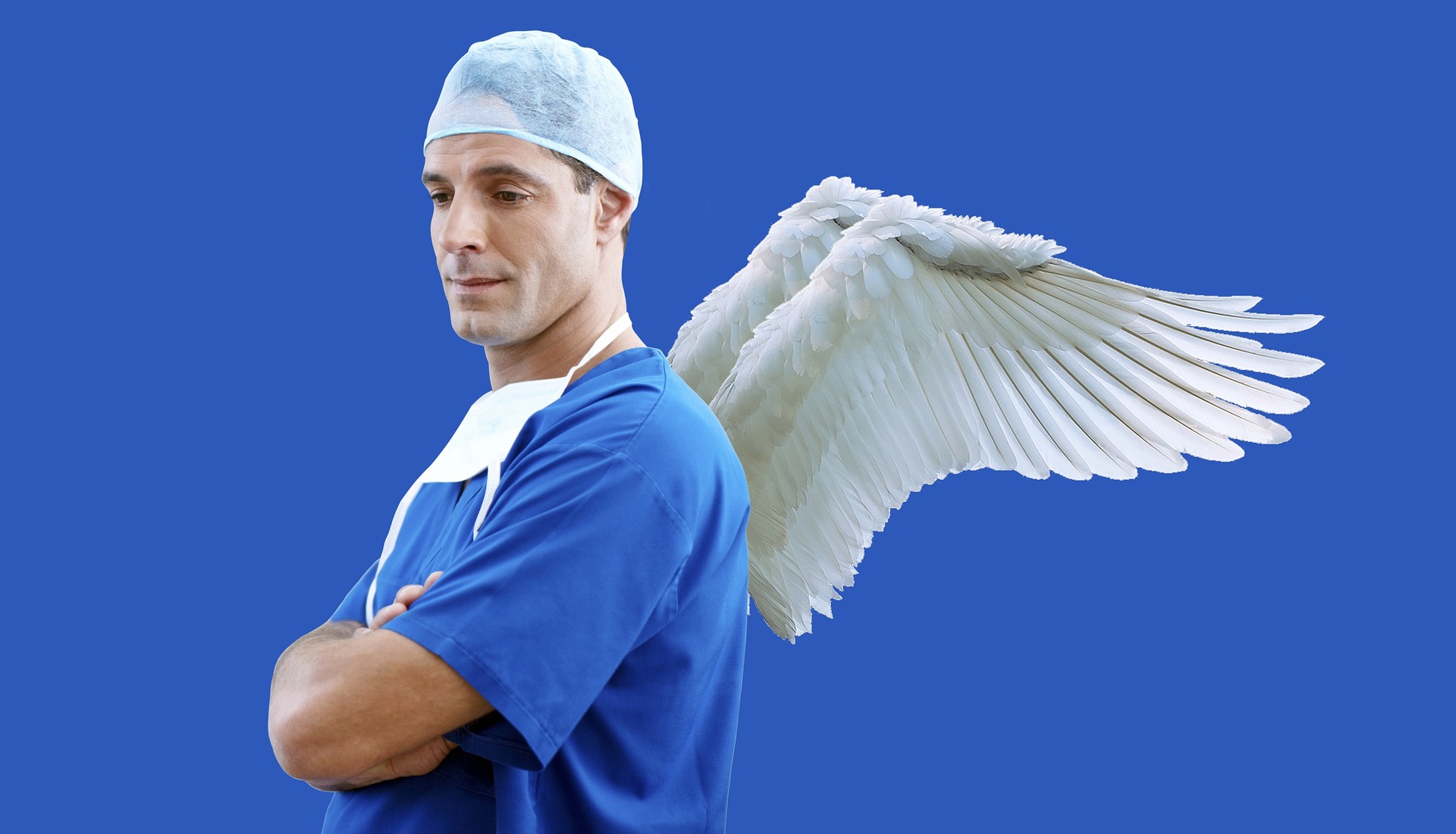
Curious to learn more about the most common bruxism symptoms? Here are the most commonly reported causes and symptoms of teeth grinding.
Bruxism is a medical condition that causes a person to repeatedly grind, gnash or grate their teeth. Many people don’t know they have this condition until someone points it out. It’s a subconscious reaction that makes a person clench their teeth together without moving a muscle.
It can affect children as well as adults. There are two main types of bruxism, awake and sleep bruxism. Awake bruxism may be caused by emotions such as anger, frustration or stress. Sleep bruxism is linked to chewing activity related to stimulations while sleeping.
If left untreated bruxism may cause tooth decay, headaches, and insomnia. Curious to learn more about the most common bruxism symptoms? Here are the most commonly reported causes and symptoms of teeth grinding.
Causes of Bruxism
Doctors haven’t found a specific cause of bruxism. Although it’s unclear, several factors such as physical and psychological factors may be the triggers. Here are some of the main causes of bruxism.
Stress and Anxiety
Over half the people that are diagnosed with bruxism have either stress or anxiety disorders. Lack of good sleep at night caused by job-related stress leads to daytime sleepiness. A study found that workers who were not satisfied with their shift patterns were more susceptible to bruxism symptoms than those who were content with their jobs and shifts.
Psychological components have a huge influence on a person’s probability of getting an illness. An increase in psychological stress affects the person subconsciously while they sleep. It may be stressful situations such as family feuds, excessive worrying, divorce or relocating to a new town.
You can consider bruxism as an emotional response. People who tend to suppress their feelings of anger, frustrations, and aggression have a likelihood of grinding their teeth.
Side Effects of Medications
Bruxism has been linked to side effects of various medications used to treat medical conditions. Patients that are being treated for cerebral palsy have an abnormal condition in the oral cavity characterized by misaligned teeth which can all cause bruxism.
These patients also experience seizures that are characterized by lip biting and grinding of teeth. Patients treated for depression have unconscious unresolved emotions and medications taken may lead to bruxism symptoms.
Sleep Disorders
A person who snores, or has breathing pauses during sleep is more susceptible to have bruxism because of their sleep disorder. Sleeping problems have a huge impact on one’s mental health. One of the biggest sleep conditions that have been linked to bruxism is sleep apnea.
This happens when the throat muscles relax and cause a blocked airway. It causes interrupted breathing. Managing this sleep disorder may help reduce the grinding of your teeth.
Other changes such as losing weight, quitting smoking to clear nasal allergies may help. Patients who have used continuous positive airway pressure device (CPAP) while sleeping reports a significant reduction of the grinding.
Lifestyle Factors
Studies have shown that the use of alcohol, tobacco and caffeine use increases the risk of sleep bruxism. A heavy coffee drinker typical takes an average of 8 cups in a day. This increases their risk of sleep bruxism by one and a half times.
That occasional glass of wine may break your sleep patterns. Your muscles tend to get hyperactive and this causes grinding of your teeth. Skip that glass of wine or cup of coffee before you sleep if you have a history of bruxism.
Bruxism Symptoms
People who have sleep bruxism are unaware of it until it’s too late. It’s critical to watch out for these symptoms before complications develop.
Muscle Pain Around the Jaw
Jaw pain can hinder you from eating and speaking well. This can be caused by involuntary grinding of teeth at night. It might cause pain and stiffness which usually make it almost impossible to open your mouth or yawn in the morning.
These symptoms may vary to different degrees depending on the patient. Some jaws make cracking noises when talking or eating.
Damaged Teeth
The outer layer of the enamel begins to chip away due to the pressure of grinding. This exposes the next layer of your tooth causing it to be sensitive to cold and hot things. It’s due to exposure of the nerves.
Teeth may start looking yellow. This is caused by the erosion of the enamel which gives teeth a whiter color. Damaged teeth can easily have decay and cavities. Dental work done previously may also be affected by grinding and clenching.
Cluster Headaches
These are painful headaches that happen in clusters. They cause intense pain around or behind one of the eyes.
Ear Pains
You can have pains ranging from a dull irritation to sharp pains. Its caused by putting pressure on the jaw muscles that sometimes causes minor spasms. You are more likely to feel it when you chew, yawn or talk.
Sometimes the pain affects the areas around your face, head, neck, and shoulder.
Treatment of Bruxism Symptoms
The good news is that some of the symptoms disappear as soon as you stop clenching and grinding your teeth. Damaged teeth, however, is irreversible. Providers like Remi tend to specialize in custom-made mouth guards, which can help protect teeth, reduce jaw strain, and prevent further damage. Many children outgrow bruxism symptoms without undergoing treatment.
For adults, not so many clench their teeth badly enough to reduce them to small nubs. A dentist may draft a care plan that will work best for you which may include any or all of the following;
- A Mouthguard is designed to separate your upper and lower jaw preventing damage caused by grinding of teeth. A dental night guard may be the best mouth guard for teeth grinding.
- Prescribe muscle relaxants before going to bed for a short period of time.
- Dental treatment of misaligned and cracked teeth before too much damage is done.
- Manage stress and anxiety by going to a therapist, regular exercises and meditation.
- Practice proper mouth and jaw position control.
- Practice biofeedback if you believe that teeth grinding is a habit.
What to Know About Bruxism Symptoms
It is hard to diagnose a patient just by visual evidence, because sometimes bruxism may not be the only cause of tooth wearing out. Drinking acidic soft drinks, brushing vigorously and harsh toothpaste may be the cause of tooth wear.
No treatment is guaranteed as a permanent cure of bruxism symptoms as it’s involuntary and unconscious. Try and have an understanding of what triggers your condition.
Take steps to stop grinding your teeth to help reduce long-term effects of broken teeth, chronic headaches, and poor sleep. Read more to find out ways you can reduce anxiety and stress to stop bruxism symptoms.
